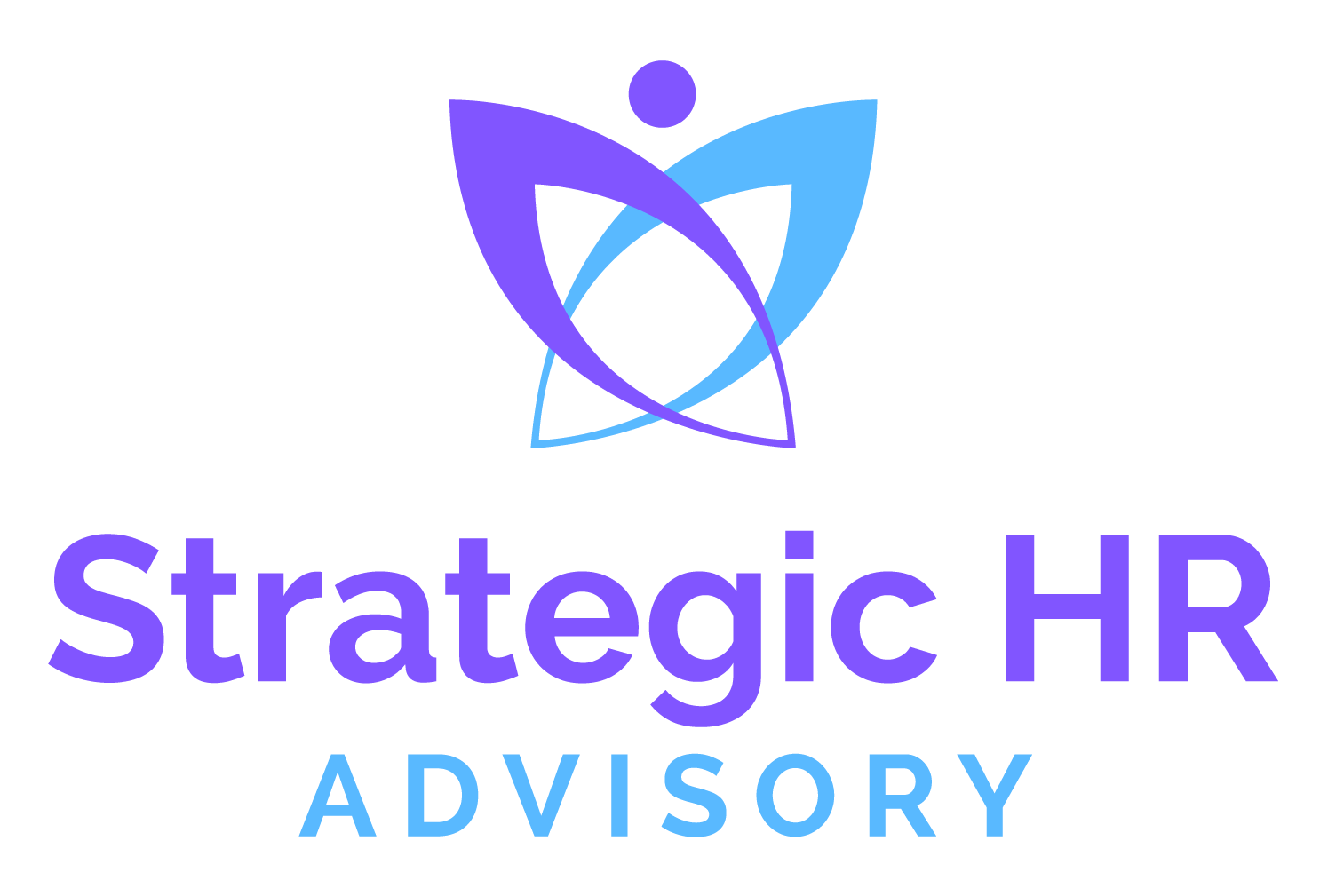When Should You Outsource HR? A Checklist for Growing Companies
As your company grows, so do your HR responsibilities. Hiring, onboarding, managing compliance, and addressing employee needs can quickly shift from occasional tasks to full-time demands. For many small business owners, the tipping point comes when HR starts pulling focus from strategic business growth.
So how do you know it’s time to outsource HR? And which HR tasks are better handled by a professional partner?
Here’s a practical checklist to help you decide.
When to Outsource HR: A Checklist for Growing Businesses
If you’re experiencing any of the following, it may be time to seek outside HR support:
1. You're spending more time on HR than running your business.
Answering questions about benefits, troubleshooting payroll issues, and handling employee concerns can take over your schedule. If HR tasks are preventing you from focusing on growth, leadership, or clients, outsourcing can bring relief.
2. You're unsure if your business is compliant with federal, state, or local laws.
Employment laws are constantly evolving. Staying on top of regulations related to wages, leave, safety, and discrimination requires expertise—and mistakes can be costly. An outsourced HR partner can help you stay compliant and avoid penalties.
3. You’ve grown beyond 10 to 15 employees.
This is often the point where informal processes stop working. As you scale, your company needs consistent policies, structured onboarding, and a plan for managing performance and culture. A qualified HR professional can lay that foundation.
4. You’re experiencing higher turnover or employee disengagement.
If people are leaving or morale is low, it’s time for a deeper look at culture, communication, and leadership. Outsourced HR support can help you gather feedback, improve processes, and implement retention strategies.
5. You don’t have written policies or an up-to-date employee handbook.
Policies protect your business and provide clarity to your team. If you haven’t documented your expectations—or if your current handbook hasn’t been updated in years—outsourcing HR can help bring everything current and compliant.
6. You're planning to scale quickly.
Whether you’re preparing for a funding round, opening new locations, or launching a major initiative, scaling requires solid HR systems. Outsourcing ensures you have expert support without the cost of a full in-house team.
HR Tasks Every Business Owner Should Delegate
Even small businesses benefit from handing off HR responsibilities to qualified professionals. Here are some of the most common tasks to outsource:
Payroll and benefits administration – Ensure timely, accurate processing and compliance with tax and labor laws.
Employee onboarding and offboarding – Create a seamless and professional experience for new hires and departing staff.
Policy development and employee handbooks – Establish consistent guidelines that protect your business and support your culture.
Compliance management – Avoid fines and liabilities by staying up to date with changing employment laws.
Recruiting and talent acquisition – Fill roles faster with support for job postings, screenings, and candidate communication.
Performance management systems – Set clear goals, monitor progress, and conduct reviews with the right structure in place.
HR is more than a set of tasks, it's the foundation of a strong, sustainable workplace. If you find yourself overwhelmed, uncertain, or simply stretched too thin, outsourcing HR may be the smartest move for your business. At Strategic HR Advisory, we support growing companies with practical, professional HR solutions tailored to your needs.
Ready to explore HR support for your business?
Let’s talk about how we can help you grow with confidence.

